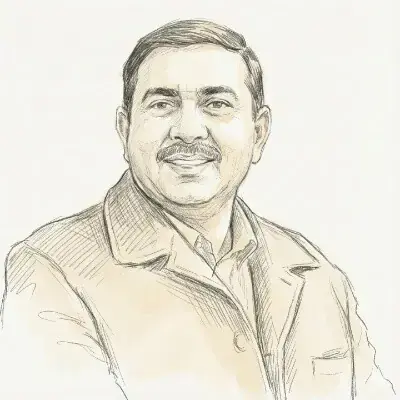For local and foreign tourists, the city of Taxila is home to the historical Gandhara civilisation and religious Buddhist sites, but for many others, the city is also a symbol of hope for those suffering from eye conditions.
The Taxila Christian Hospital, known across the country for affordable and good quality eye care, has held great significance for almost a century. Sprawled over 30 acres south of the remains of the Gandhara civilisation, the Christian Hospital - once sponsored by the Presbyterian Church of the United States - has been treating patients with eye conditions for 94 years.
The nearly 100-year-old building in the Anglo-Indian colonial style, in addition to providing medical treatment, holds historical monuments and could serve as an informal mini-museum of the history of Pakistan.

According to its director, Dr Ashknaz, the first surgery was carried out on the premises in 1922, in a tent by Dr Gregory Martin under the light from a lantern and with the assistance of one other individual named Gordon.
Mr Ashknaz said the property for the hospital was bought in the summer of 1921. The area for the hospital, about 20 miles west of Rawalpindi, was thought to be a tribal region. The hospital director explained that buying up the 27 acres involved settlements and payments for 23 separate deeds.

The landowners insisted on being paid in cash, which meant silver coins were carried on a bull cart from Rawalpindi to Taxila.
Until the late 1940s, the hospital served as a general hospital which provided various healthcare facilities to the local population. In 1947, Dr Norval Christy and Dr Kargaard joined the hospital and began treating eye diseases.

Recalling Dr Christy’s services to the hospital, Dr Ashknaz said: “Having worked in Taxila for 40 years, this one ophthalmologist - who was a graduate of Harvard University alone - has restored the sight of 108,000 men, women, and children, blinded by cataracts, through a simple but effective operation.”
Now, 94 years after it was established, the hospital is known as an eye hospital, visited by people across the country and even neighbouring Afghanistan.

On Aug 9, 2002, an individual threw grenades into a chapel in the hospital, killing four people, including two nurses and a paramedic, and wounding 25 others. Despite the attack, the hospital revamped its services and continued to provide affordable, high quality medical treatment undeterred.
According to official records, the hospital sees 200 patients every day, due to the low cost and high quality of services. Its facilities include the phaco tunnel surgery for cataracts and a diabetic retinopathy unit that includes fundus cameras, argon and YAG lasers.

The hospital’s main supporter for over 30 years has been the Christoffel Blinden Mission from Germany.
Published in Dawn, January 15th, 2017

































